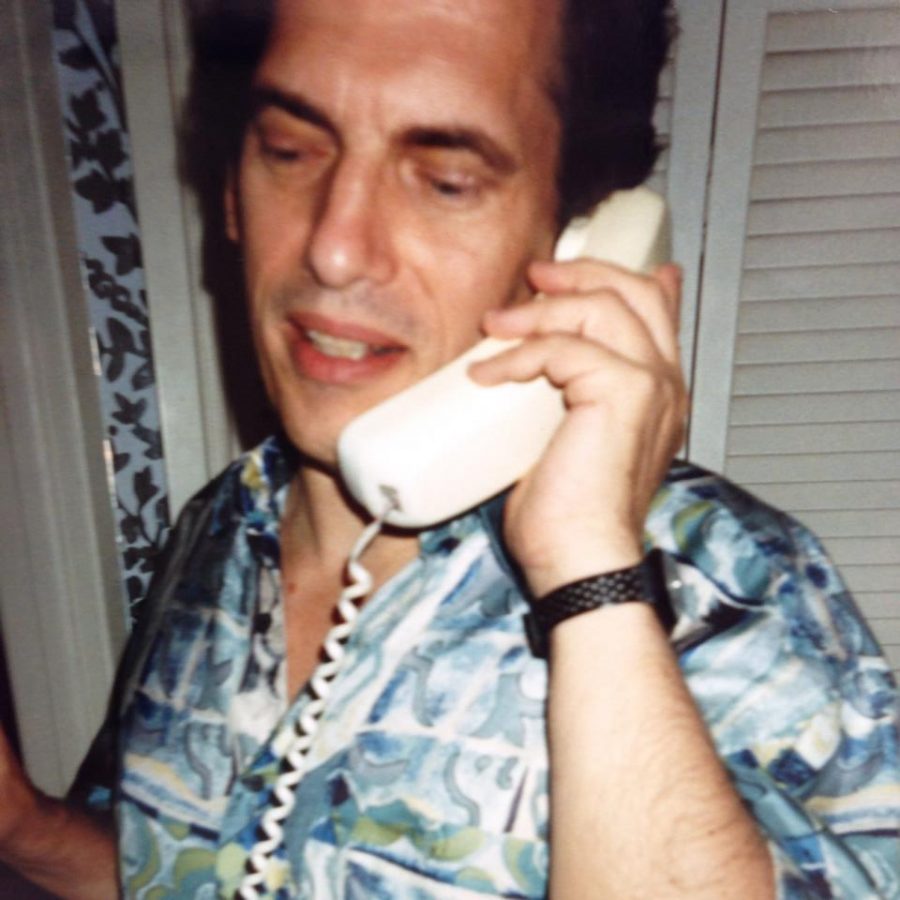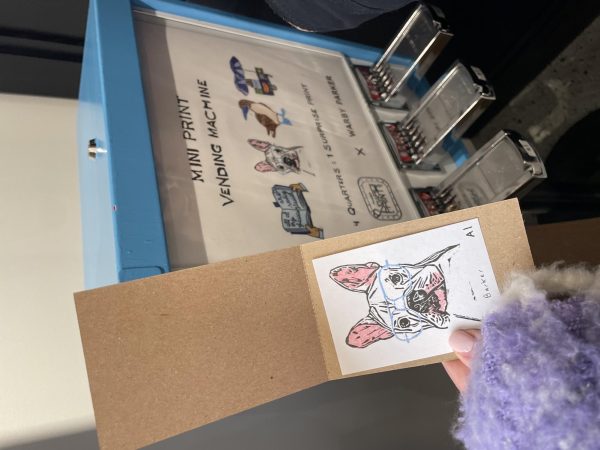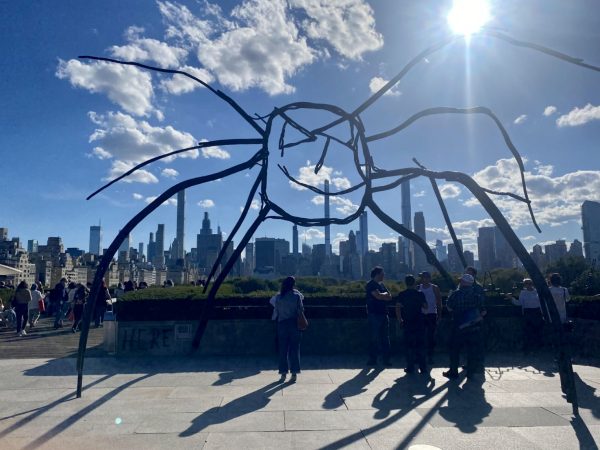“The Apology Line” Podcast Captures the Darkest Secrets of New Yorkers
Throughout the 1980s and 90s in New York City, yellow posters began to appear across Tribeca anonymously. The posters demanded that readers call the “Apology Line” to “GET YOUR MISDEEDS OFF YOUR CHEST!” Advertised as a private experiment and vehemently unassociated with any police, government or religious organization, the Apology Line offered New Yorkers a personal phone number they could call to apologize for whatever wrongs they might have committed. The posters asked callers to describe their wrongdoings “in detail,” to call from a payphone and not to identify themselves. Each call was recorded and collected to be published at a later date.
Artist Allan Bridge orchestrated the project. Initially, he received calls directly to his answering machine in his Manhattan studio apartment, but as time progressed, he sometimes answered the phone himself, or he would have callers respond to each other. Bridge remained as anonymous as his subjects; he was coined “Mr. Apology” by an artist friend.
Years after Bridge’s death in 1995, his widow, Marissa Bridge, tells the story of the Apology Line in podcast form from her perspective. Produced by Wondery, the podcast network responsible for other true crime projects such as “Dr. Death” and “Dirty John,” this podcast retains a similar focus on another dark, unique true crime story.
Allan Bridge kept the Apology Line operating for 15 years, amassing an expansive compilation of phone messages, as well as his own responses and contributions. Over the course of those 15 years, Bridge received some intense, threatening and outright terrifying calls. Many New Yorkers offered smaller, more mundane confessions: “I’m sorry that I’ve made his life difficult,” “I’m sorry that I left.” Some apologized for acts of infidelity, owing money or making a variety of other mistakes ranging in levels of both intensity and illegality.
However, the calls escalated further as people began to submit professions of violence and brutality. Several people called claiming to be murderers. One caller apologized for mugging a number of people, then threatened Bridge’s own life, stating that he intended to track “Mr. Apology” down and kill him. Another, identifying as “Richie,” confessed that he was a serial killer who targeted gay men. Bridge actually spoke to Richie on the phone a number of times, considering how he might turn the alleged murderer into authorities.
The Apology Line rapidly expanded, consuming Bridge’s focus and life. He eventually created different extensions on the line — “press one for crime, two for cheating.” Bridge became frustrated with the project when callers seemed to use the line to boast about their actions. Bridge originally created the line to provide New Yorkers with an area to apologize completely anonymously, but his social experiment was getting out of hand.
In the podcast, Marissa Bridge describes his increased isolation from friends and family. Bridge’s increased involvement with the callers concerned those around him. Friends of the couple thought it was a bad idea for Allan to interact so heavily with the callers. Furthermore, he did not make any money from the phone line, so there was no financial profit or gain. Unfortunately, Bridge was unable to formally conclude the project himself — in 1995, he was tragically killed while scuba diving on Long Island in a hit-and-run by someone on a jet ski.
Since Bridge carefully cultivated an archive of messages and conversations, podcast listeners can hear the callers’ original voices, which are interspersed throughout each episode. The crackling recordings transport the audience directly to New York in the 1980s and 90s, creating a fascinating time capsule. While the podcast focuses largely on the darker, more malevolent callers such as the mugger and the alleged serial killer, Bridge’s project does raise some fascinating questions about guilt, forgiveness and humanity.
“The Apology Line” is a unique reflection and tribute to the life and work of Allan Bridge, as well as an exploration of his truly fascinating art project. As Marissa Bridge narrates the podcast, she offers insights into Bridge’s personality and experiences, as well as her perspective on the project as she witnessed its operation. By incorporating the original recorded phone calls, the podcast adds a unique level of immersion and intensity. Fans of true crime and other interesting, odd and eerie stories might enjoy “The Apology Line” podcast.












































































































































































































